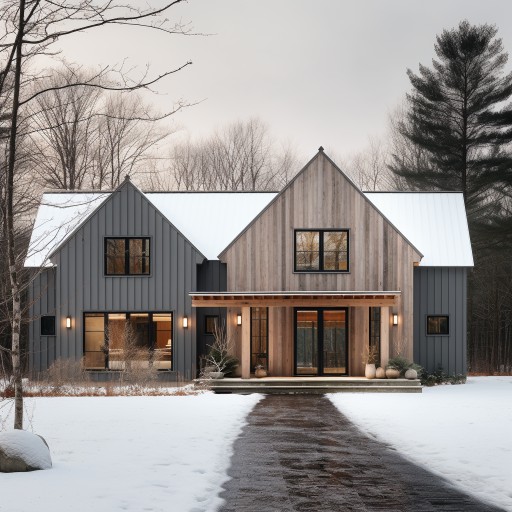Home Renovations in the Hudson Valley for 2024

co-founder
- The influx of people has raised prices of existing homes, so many are opting to renovate.
- The impact of inflation continues to be felt, so consider the tradeoffs
- Climate Considerations
- Eco-Friendly and Sustainable Renovations
- Financial Incentives
- Rural and Suburban Issues
The Hudson Valley, a picturesque region characterized by its rolling hills, historic sites, and lush landscapes, is undergoing a transformation. It’s an area that’s always had it’s influx of expats from New York City, and also it’s downtimes over the years. We’re currently in an upswing, with property values soaring, new businesses and restaurants opening constantly, and a shortage in housing overall.
Like everywhere else, as the world grapples with climate change and economic uncertainties, homeowners in this region are rethinking their approach to home improvement going into 2024. With an emphasis on eco-friendliness, sustainability, and the unique challenges and opportunities presented by the local climate and demographic shifts, homeowners are still making major updates to their houses. With the tax credits from the IRA and NYS, we expect property values to continue increasing throughout 2024 as demand stays high and people continue to renovate.
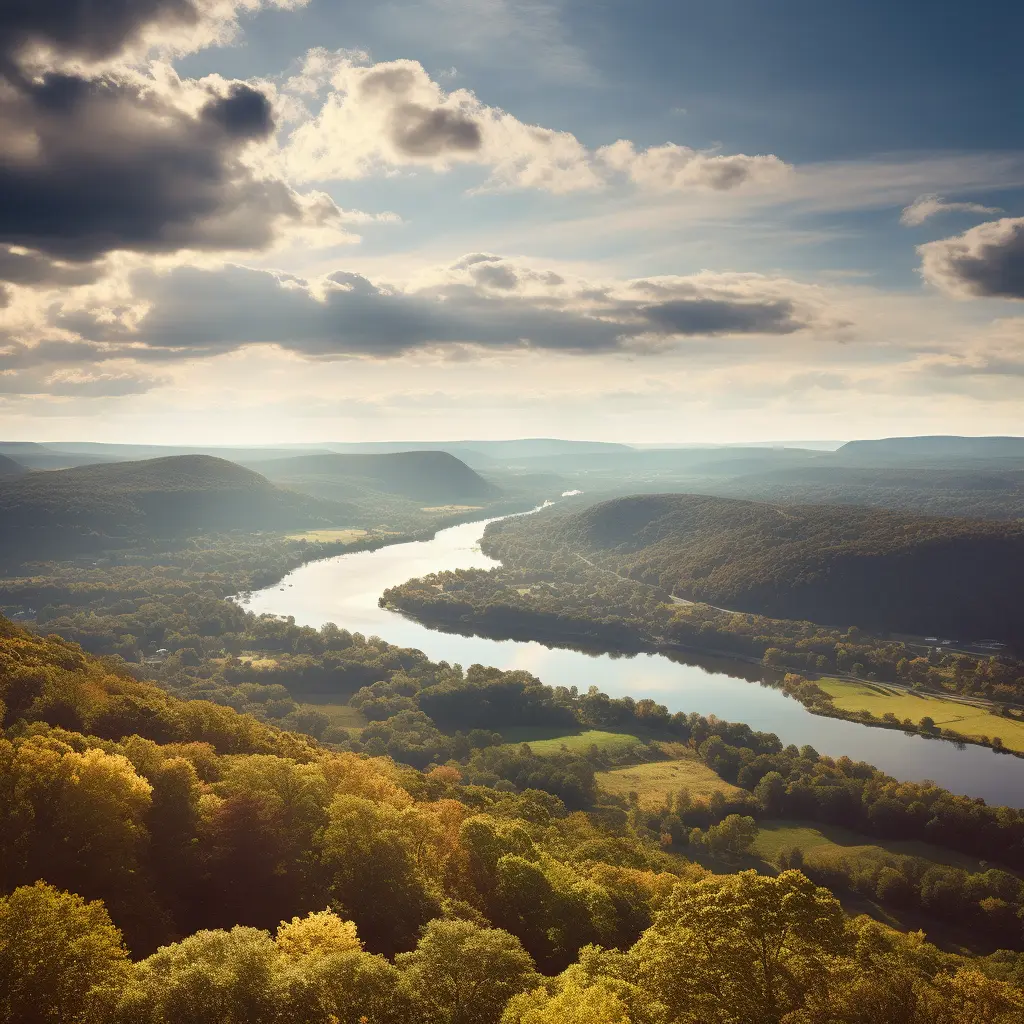
The influx of people has raised prices of existing homes, so many are opting to renovate.
Urban Exodus
The Hudson Valley has become a sanctuary for those seeking respite from the frenetic pace of city life. The COVID-19 pandemic accelerated this trend, as remote work became more accepted, allowing people to live farther from urban centers. This migration has had a ripple effect on the local economy and housing market, driving up demand and, consequently, prices.
Impact on Homeownership
With the influx of new residents, property values have soared. Mortgage rates, too, are higher than they've been in recent memory. For existing homeowners, this presents a unique opportunity. Rather than selling and upgrading, many are choosing to invest in their current homes, capitalizing on their property's increased value.
The impact of inflation continues to be felt, so consider the tradeoffs
Rising Costs
Inflation has been unkind to the construction industry. The cost of essential materials like lumber, steel, and concrete has risen sharply. Labor costs have also increased, as skilled workers are in high demand due to the renovation boom. It’s as tough as ever to find a great team, which is why it can be helpful to have somebody helping you make decisions along the way (and not coincidentally, one of the reasons why we started EcoHome).
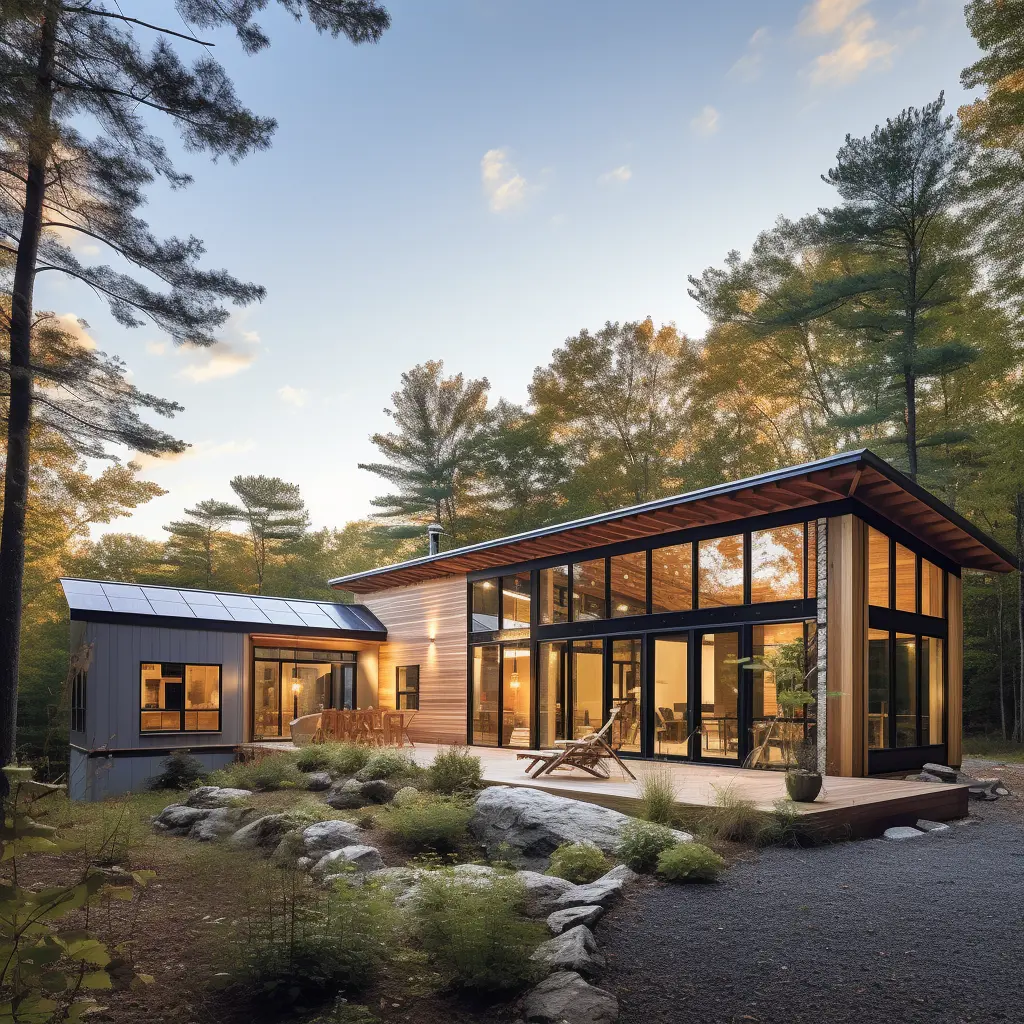
Long-term investment in savings and livability
Despite the high upfront costs, it's crucial to view these renovations as a long-term investment. With property values on the rise, well-planned improvements can significantly increase your home's market value. Additionally, sustainable renovations can lead to long-term savings on energy bills. They also make your home more livable. A well-apportioned kitchen or new insulation can mean the difference in a great place for family meals or a drafty living room in the coldest months of the year.
Climate Considerations
Seasonal Challenges
The Hudson Valley experiences a wide range of weather conditions, from hot, humid summers to bitterly cold winters. These extremes can wreak havoc on homes, particularly those not adequately prepared for these conditions.
Material Choices
Choosing the right materials is crucial. For instance, insulated, energy-efficient windows can help keep your home cool in the summer and warm in the winter. Similarly, roofing materials like cool roofs can reflect more sunlight and absorb less heat, leading to more comfortable indoor temperatures.
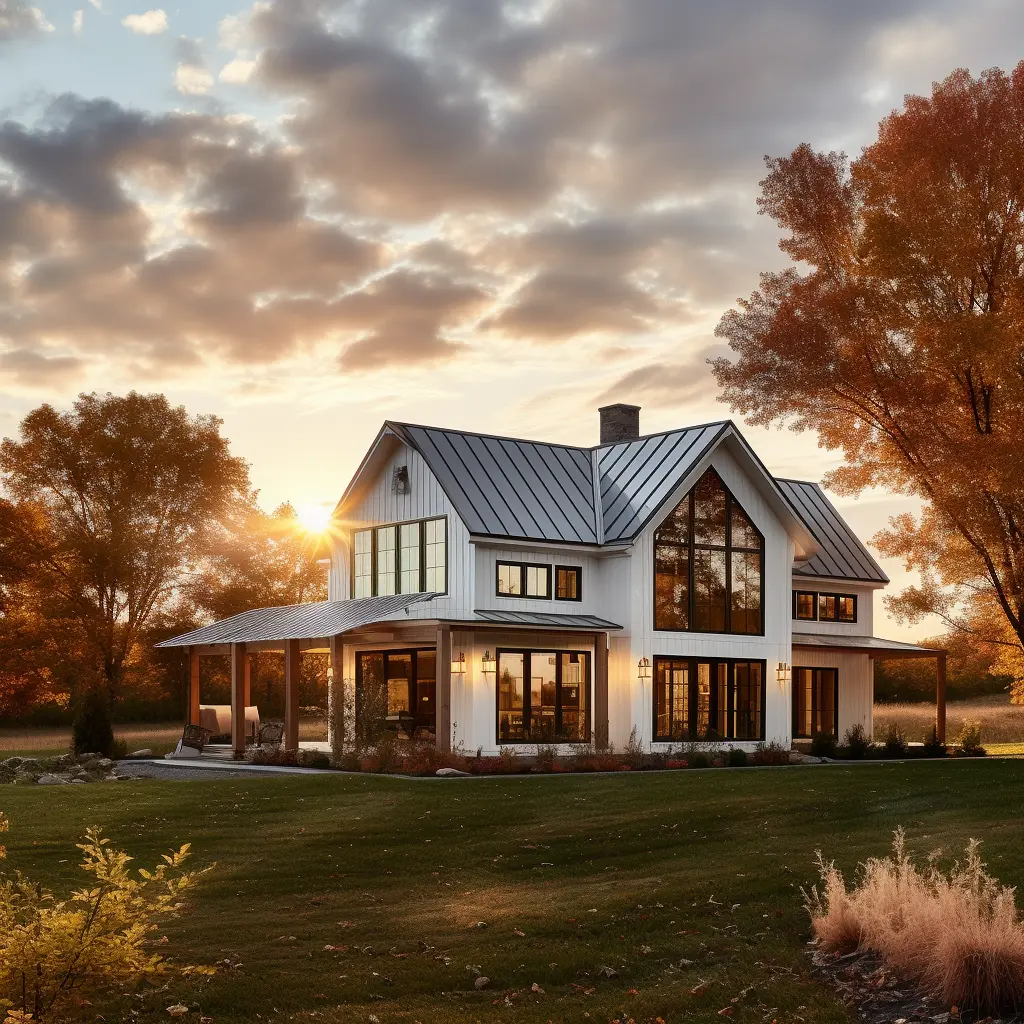
Weathering the Extremes: How Hudson Valley Homeowners Can Prepare for Seasonal Challenges
The Hudson Valley's climate is as beautiful as it is challenging. From the sweltering heat of summer to the icy grip of winter, homes in this region must be built to withstand a wide range of weather conditions. Unfortunately, many homes, especially older ones, are not adequately equipped to handle these extremes, leading to discomfort, high energy bills, and even structural damage. Here's how homeowners can prepare their homes for the seasonal challenges unique to the Hudson Valley. The benefits of eco-friendly renovations are countless.
Insulation and Weatherproofing
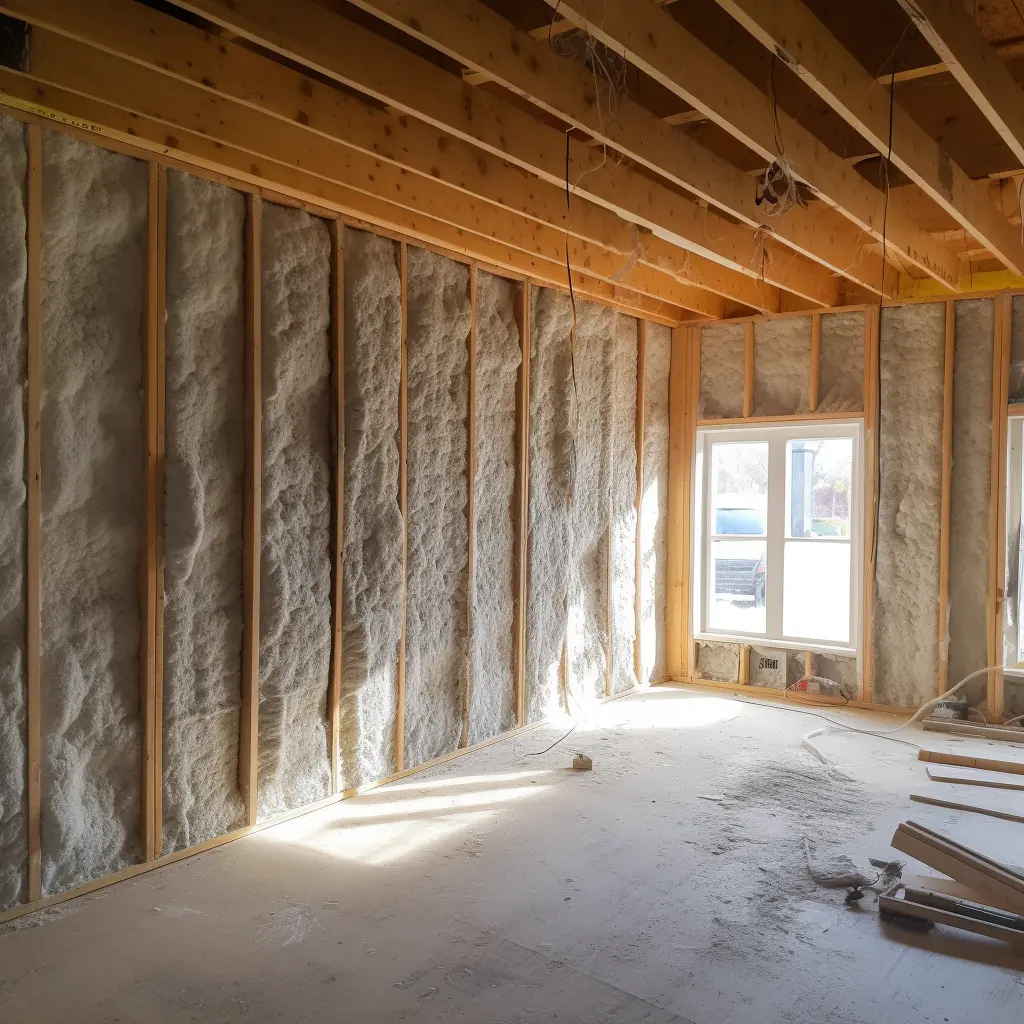
Why It's Important
In the Northeast insulation is the first line of defense against temperature extremes. A well-insulated home will stay cooler in the summer and warmer in the winter, reducing the need for artificial heating and cooling.
What You Can Do
- Attic Insulation: Heat rises, making your attic a significant source of heat loss during the winter and heat gain during the summer. Insulating your attic can make a dramatic difference in your home's energy efficiency.
- Weather Stripping: Small gaps around doors and windows can let in drafts, making your heating and cooling systems work harder. Weather stripping is an inexpensive solution that can seal these gaps and improve energy efficiency.
- Window Films: Specialized window films can reflect heat in the summer and retain it in the winter, offering a cost-effective way to improve your windows' insulating properties.
HVAC Maintenance
Why It's Important
Your heating, ventilation, and air conditioning (HVAC) system is crucial for maintaining a comfortable indoor environment. A poorly maintained system will be less efficient and more costly to operate. Should you upgrade your HVAC system now? It depends on a bunch of factors, but here's how you can get started.
What You Can Do
- Regular Check-ups: Have your HVAC system inspected and serviced at least once a year to ensure it's operating at peak efficiency.
- Air Filters: Replace air filters regularly to maintain air quality and system efficiency.
- Programmable Thermostats: Installing a programmable thermostat allows you to set temperature schedules, reducing energy usage when you're not at home.
Sustainable Landscaping
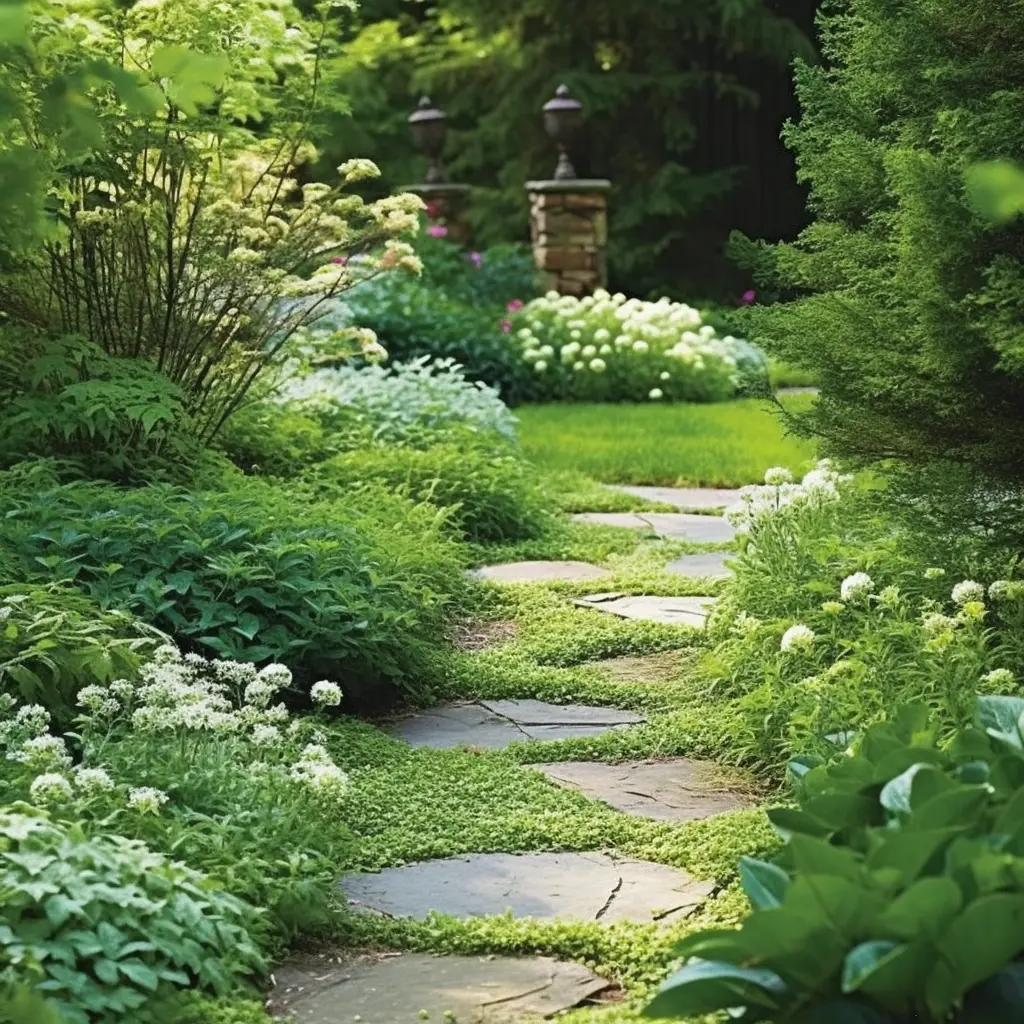
Why It's Important
The vegetation around your home can significantly impact its energy efficiency. Properly placed trees can provide shade in the summer and windbreaks in the winter.
What You Can Do
- Plant Deciduous Trees: These trees provide shade in the summer and lose their leaves in the winter, allowing sunlight to warm your home.
- Install Green Roofs or Walls: These features can provide additional insulation and reduce heat absorption.
Emergency Preparedness
Why It's Important
Extreme weather events like storms and blizzards can lead to power outages and other emergencies.
What You Can Do
- Backup Generator: Having a backup generator can keep essential systems running during power outages.
- Emergency Kits: Keep emergency kits stocked with essentials like water, non-perishable food, first aid supplies, and important documents.
By taking these steps, homeowners in the Hudson Valley can significantly improve their homes' resilience against the region's challenging weather conditions, leading to a more comfortable, energy-efficient, and sustainable living environment.
Eco-Friendly and Sustainable Renovations
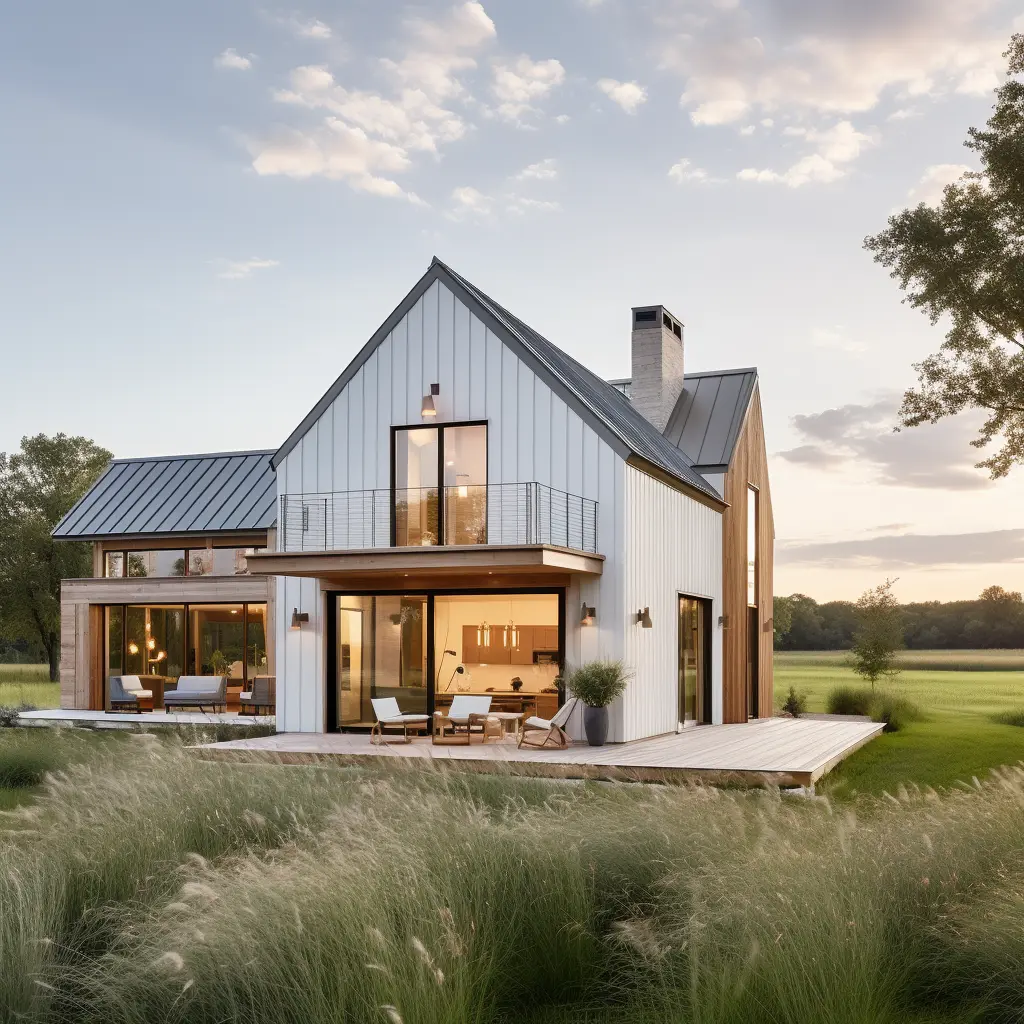
Energy Efficiency
Solar panels are an excellent investment in the Hudson Valley, where sunny days are plentiful. Additionally, upgrading to energy-efficient appliances and installing smart thermostats can lead to significant energy savings.
Water Conservation
In rural areas of the Hudson Valley, many homes rely on well water or septic systems. Upgrading to a more efficient septic system or installing water-saving fixtures can have a significant impact on water conservation.
Sustainable Materials
Recycled or reclaimed materials are not only eco-friendly but also add character to your home. Local artisans often work with these materials, providing a unique and personalized touch to your renovations. Do your homework when looking for the best cabinet maker in the Hudson Valley or make sure you find a great architect for eco-friendly projects.
Financial Incentives
Government Programs
Both federal and state governments offer incentives for eco-friendly home improvements. These range from tax credits for solar panel installation to rebates for energy-efficient appliances. Researching these options can provide additional financial relief.
Rural and Suburban Issues
Septic vs. City Water
One of the challenges of living in the Hudson Valley is the lack of centralized water and sewage systems in many areas. Homeowners must decide between septic systems and city water, each with its pros and cons. Septic systems are more eco-friendly but require regular maintenance. City water is more convenient but often involves higher monthly costs and is less eco-friendly.
Zoning Regulations
Before embarking on any significant renovations, it's essential to be aware of local zoning regulations, which can be particularly stringent in rural areas to preserve the natural landscape.
Home renovations in the Hudson Valley for 2024 are shaping up to be more than just aesthetic upgrades. With the focus shifting towards sustainability, eco-friendliness, and long-term investment, homeowners are encouraged to make thoughtful decisions that benefit not just them but also the community and the planet.
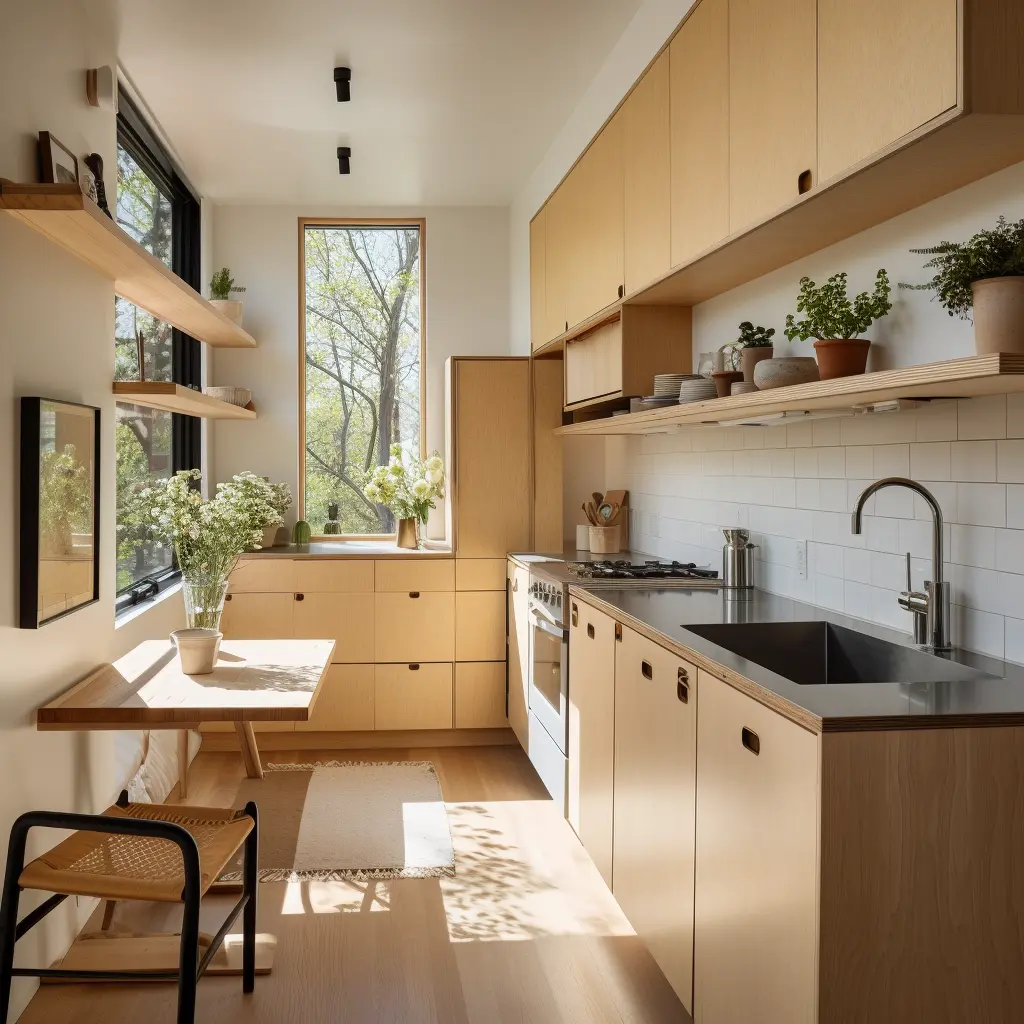
Renovate with EcoHome
EcoHome empowers homeowners to confidently build healthy and comfortable homes for a fair price.
Sign UpLocations View All →
NY
- Albany
- Binghamton
- Buffalo
- Esopus
- Freeport
- Hempstead
- Highland
- Kingston
- Long Beach
- Marlboro
- Mount Vernon
- New Paltz
- New Rochelle
- New York City
- Niagara Falls
- North Tonawanda
- Olivebridge
- Plattekill
- Rochester
- Rome
- Saugerties
- Schenectady
- Shandaken
- Syracuse
- Troy
- Utica
- Valley Stream
- Wallkill
- Woodstock
- Yonkers
NJ
- Bayonne
- Brick
- Camden
- Cherry Hill
- Clifton
- East Orange
- Edison
- Elizabeth
- Jersey City
- Lakewood
- Middletown
- Newark
- Old Bridge
- Passaic
- Paterson
- Toms River
- Trenton
- Union City
- Woodbridge
CT
PA
- Allentown
- Altoona
- Bethel Park
- Bethlehem
- Chester
- Easton
- Harrisburg
- Hazleton
- Lancaster
- Lebanon
- Monroeville
- Philadelphia
- Pittsburgh
- Reading
- Scranton
- Wayne
- Wilkes Barre
MD
- Abingdon
- Baltimore
- Bethesda
- Bowie
- Columbia
- Dundalk
- Ellicott City
- Frederick
- Gaithersburg
- Germantown
- Glen Burnie
- Potomac
- Rockville
- Severn
- Silver Spring
- Towson
- Waldorf



